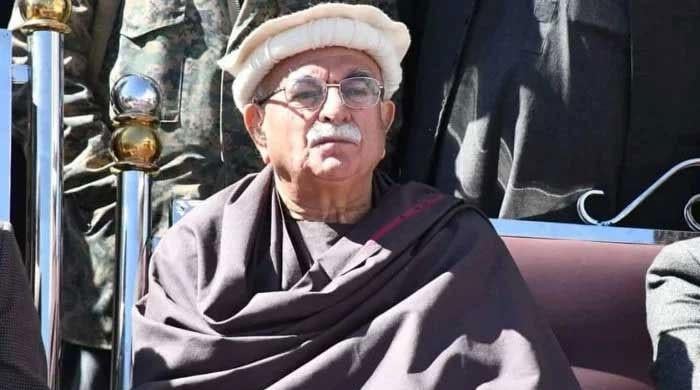1,040 captive-bred Houbara to be released in Punjab
The birds imported from Abu Dhabi will be released into the wild in Bahawalpur
March 02, 2017
LAHORE: The government will release a total of 1,040 houbara bustards into the wild in order to augment Pakistan’s current population of the species in the wild.
The birds that were imported from Abu Dhabi will be released into the wild in Bahawalpur in accordance with a contract between the governments of Pakistan and Abu Dhabi.
According to the Wildlife Protection Department the first batch of 500 birds reached Pakistan Thursday. The birds will be transported to Bahawalpur’s Lal Suhanra National Park today.
In a statement, the Wildlife Protection Department said it will ensure the protection of the released birds. The department’s higher officials said houbaras are released at the Lal Suhanra National Park each year.
The department assured that the contract to release the birds is not associated with the hunting of the rare and precious bird found in certain parts of Pakistan.
Earlier in February this year, the Punjab government told the Lahore High Court that the houbara bustard had been removed from the list of protected birds.
The Wildlife Department’s report cited a survey conducted in December that indicated a substantial increase in the bird’s population.
Chief Justice Syed Mansoor Ali Shah heard other petitions that challenged the hunting permits issued to members of the Qatari royal family. Shah expressed his concern over the government’s decision to remove the houbara from the list of protected birds. He inquired about the chosen criteria for the survey to gather data about the bird’s population.
The government has long been criticised for engaging in “soft diplomacy” through allowing the hunting of the rare bird. Despite the hunting ban, the government issues between 25 and 35 special permits each year that enable the hunting of the bird in its winter habitat.
The houbara bustard is a rare bird breed, which equals the size of a chicken. Its meat is considered an aphrodisiac. Thousands of houbaras migrate from Central Asia to Pakistan during winters each year.











